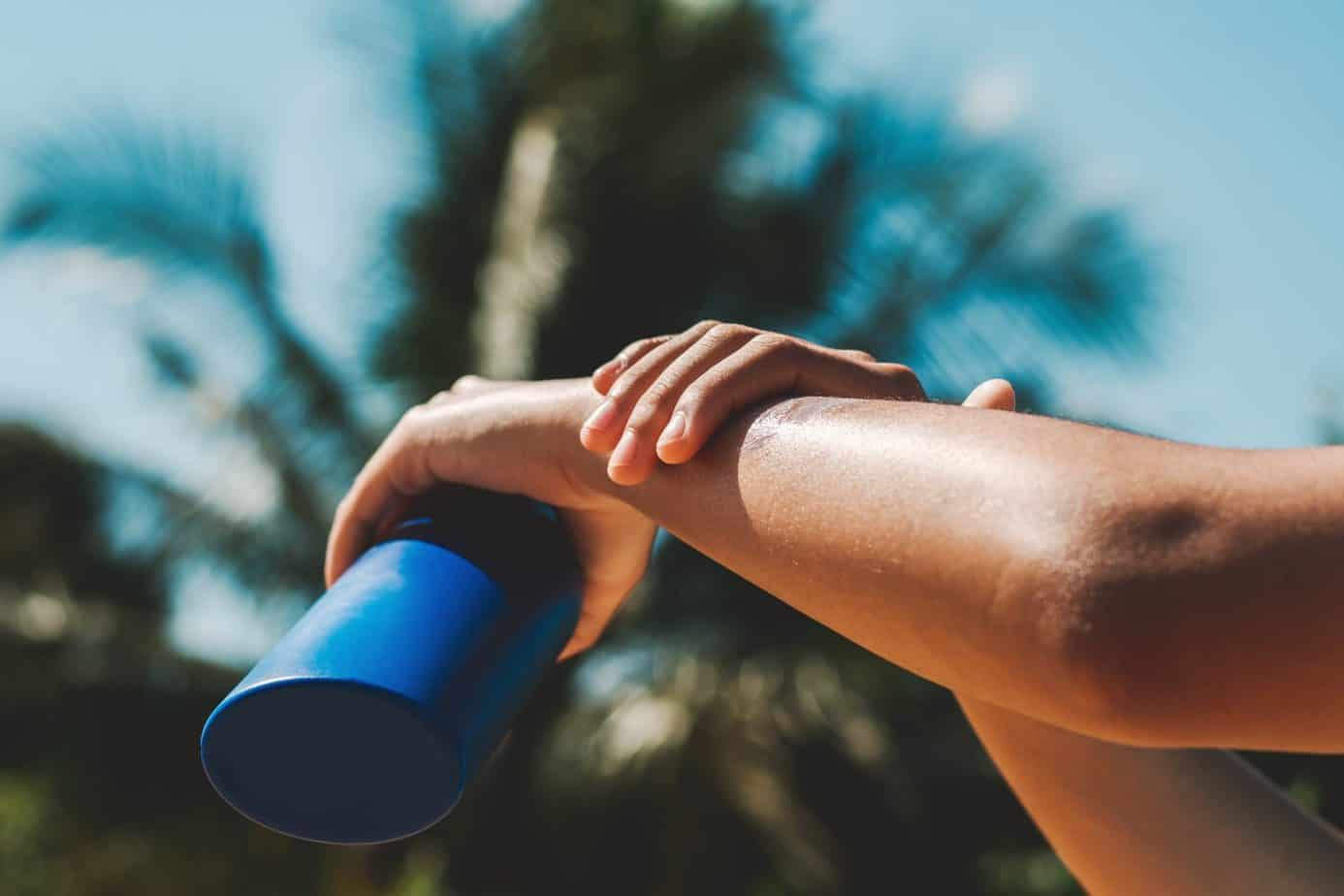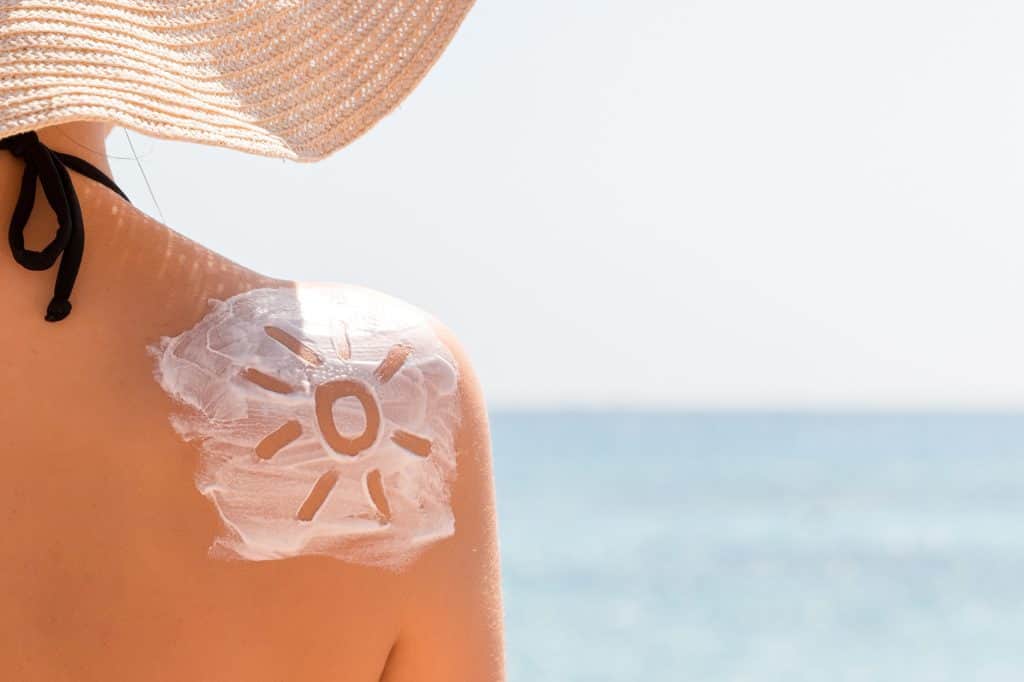
Exposing your body to the sun is healthy and necessary to maintain adequate amounts of vitamin D3 in your body. However, it must be done head-on to avoid getting burned.
Vitamin D3, interchangeably referred to as the sunshine vitamin, is naturally produced in the human body by exposure of the body to the sun. However, inadequate exposure to the sun’s rays can do more harm than good. Lack of sunscreen or too long sunbathing can cause sunburn.
Sunburn occurs when the amount of UV radiation that reaches the skin exceeds the protective capabilities of melanin. Melanin is a pigment that each of us has in our bodies. It is responsible for the color of our skin, hair and eyes. One of melanin’s many functions is protective. The pigment’s job is to defend the skin from UV rays.
Ultraviolet radiation can be dangerous to our life and health. It can damage the DNA of cells and consequently lead even to the formation of cancer. Each of us has a different melanin content in the body, which consequently leads to different tolerance to sun exposure. People with light skin are particularly susceptible to sunburn.
The main symptoms of a sunburn are redness, burning and tightness. The skin is initially painful and sensitive to the slightest touch. In more severe burns, fever and chills may occur. After a few days, the skin begins to itch and peel. In the case of such symptoms, we speak of a first-degree burn. It does not require consultation with a doctor.
In second- and third-degree burns, medical consultation is necessary. Such a burn may be life threatening. In a second-degree sunburn, the skin is covered with blisters from which serous fluid oozes out. The fever may be accompanied by nausea and even fainting. Third-degree burns also involve the dermis. As a consequence, even necrosis may occur.

As we have established, we can take care of 1st degree burns on our own. Other cases require professional medical care. Fortunately, burns more severe than 1st degree are rare.
The first resort in a sunburn will be to cool and moisturize the sore skin. For this purpose, we can use panthenol spray, moisturizing body milk or lotion after sunbathing. The most important thing is that the consistency of the cream is not clogging and does not additionally weigh down the skin.
The best cosmetics for sunburned skin are those that contain menthol, allantoin, hyaluronic acid and vitamins A and E. These vitamins are also worth supplementing orally to stimulate the epidermis to growth and regeneration
Among the most popular home methods for sunburn are compresses of kefir, yogurt or curdled milk. Such a poultice will cool the skin, provide immediate relief and strengthen the skin. Another way is a cool, fifteen-minute bath with the addition of apple cider vinegar. Pour a glass of vinegar into a tub of water. Thanks to this treatment we will avoid infections and make the skin no longer heavily inflamed. For natural ointments for sunburn we can include gel squeezed from the leaves of aloe vera.
Main photo: lovelyday12/Adobe Stock